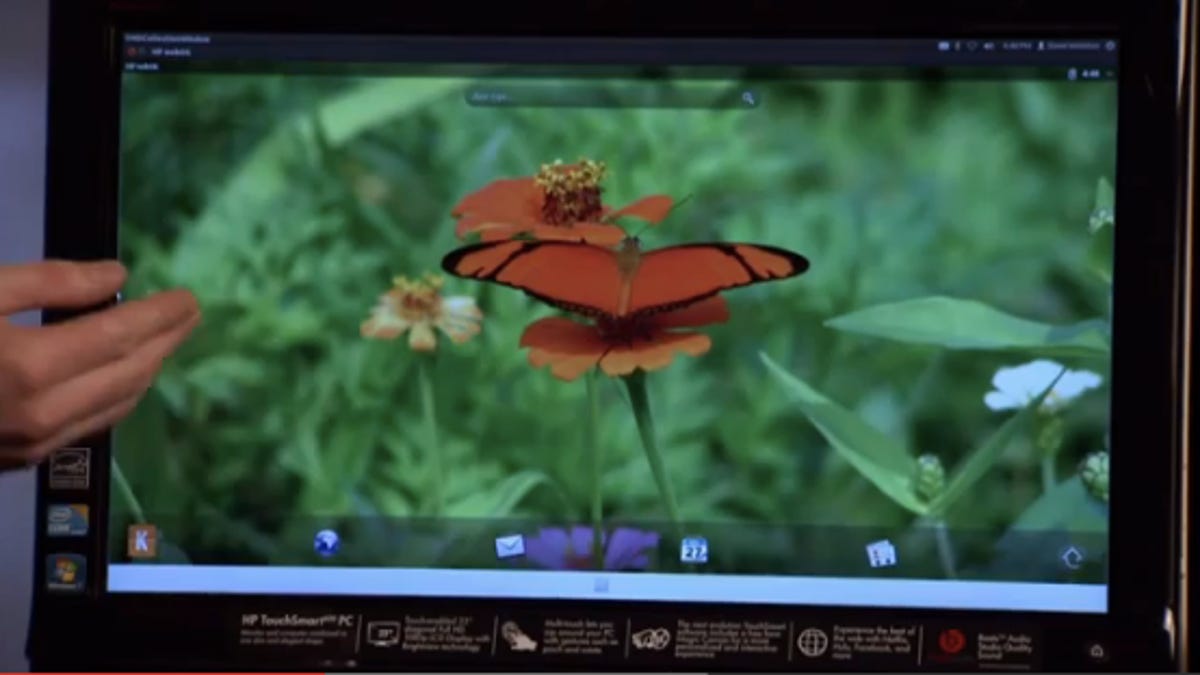Open WebOS 1.0 arrives for those who dare to port
Hewlett-Packard made good on a promise to offer up the erstwhile mobile operating system to the open-source community.

Call it the ghost of Palm past. Today the once-lauded WebOS, originally a smartphone operating system, lives on once again in the form of Open WebOS 1.0.
Issued by Hewlett-Packard (HP), the first open-source version of Open WebOS is now ready for developers and others in the open-source community to port Open WebOS to any number of devices.
In a demo video, HP Chief Architect Steve Winston shows how the operating system works on an HP desktop.
The full version of Open WebOS 1.0 follows a pair of beta releases made available earlier this year. While HP is marking the development as a milestone, others may remember HP's inability to profit from, and even adequately develop, Palm's once well-received ecosystem.HP acquired Palm in 2010 for $1.2 billion, released a few ill-conceived and poorly executed devices like the HP Veer and HP TouchPad tablet, then quietly killed the business just over a year later in 2011.
This open-source project may not be the legacy that the operating system's chief conductor, former Palm CEO Jon Rubinstein, envisioned when he helped bring WebOS phones to market, but it is a legacy nonetheless.
<="" b=""> to correct the price of HP's Palm purchase.

